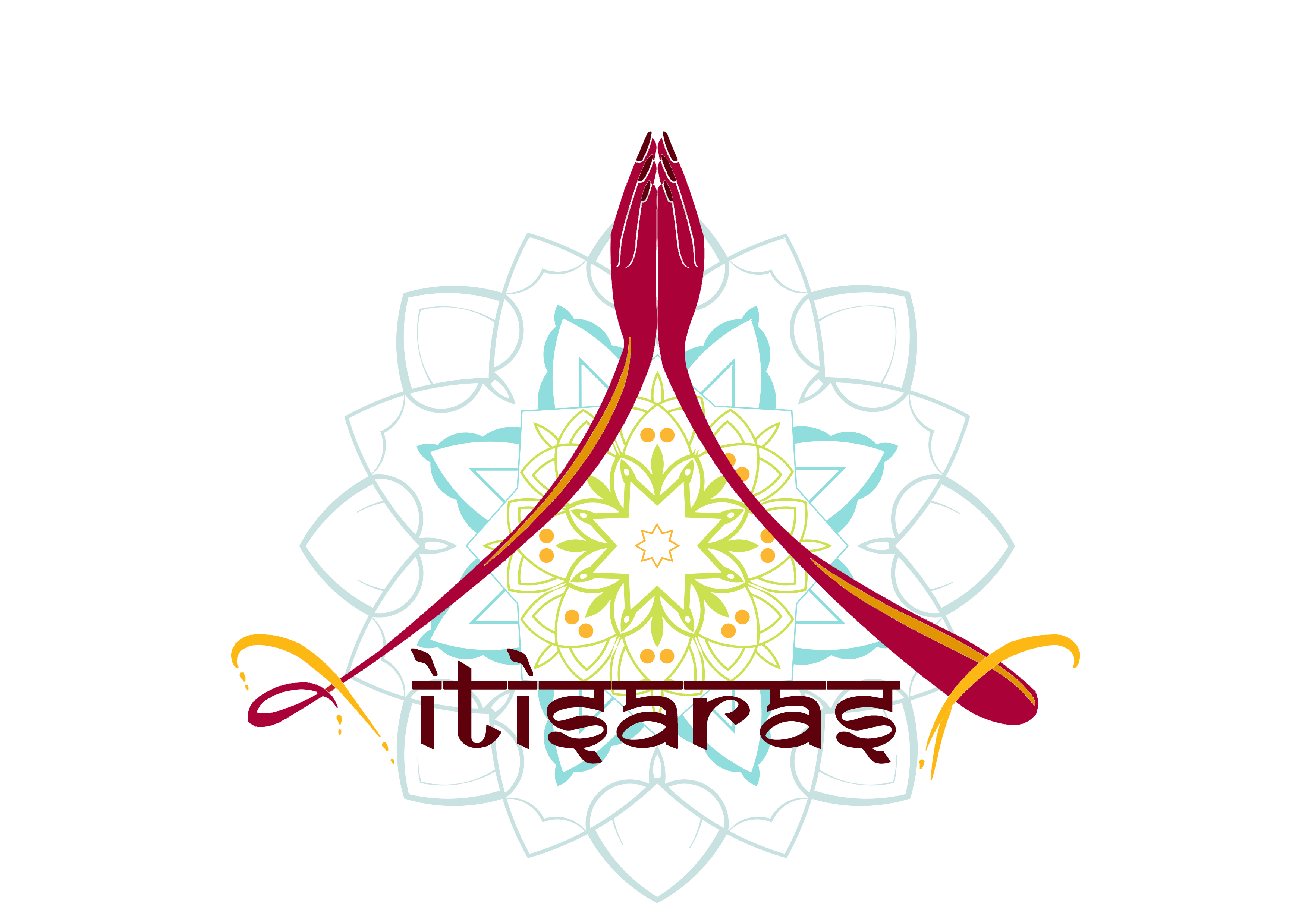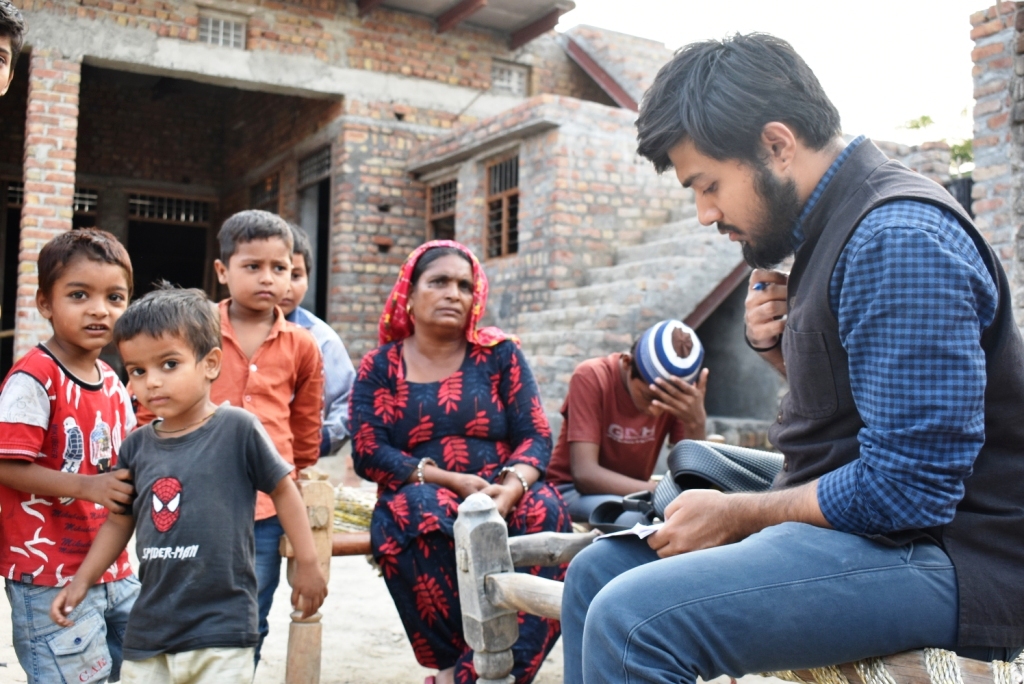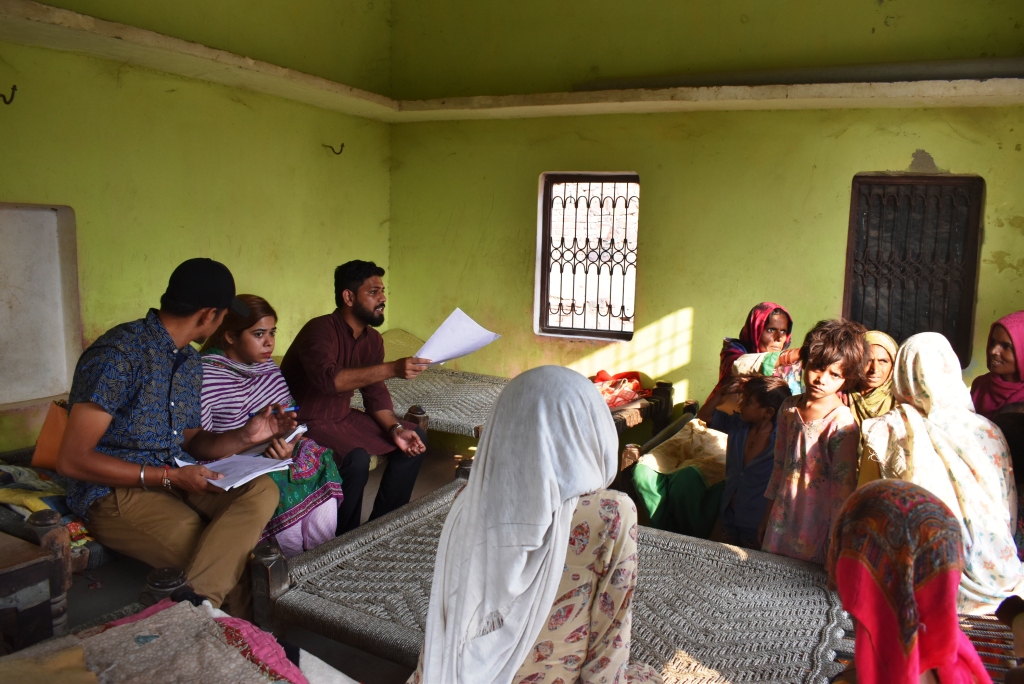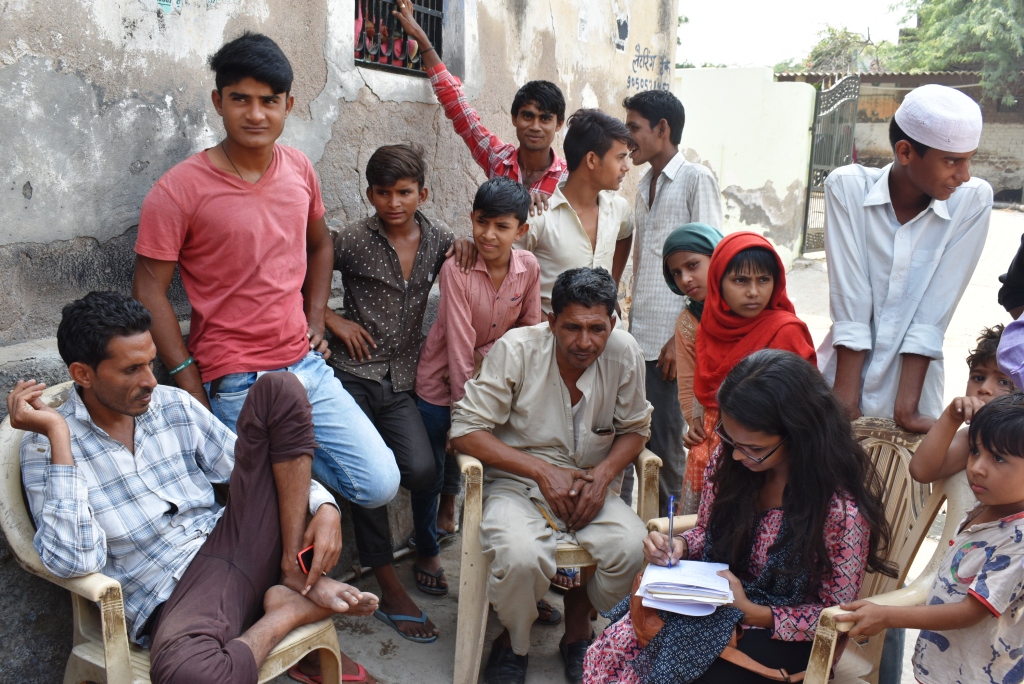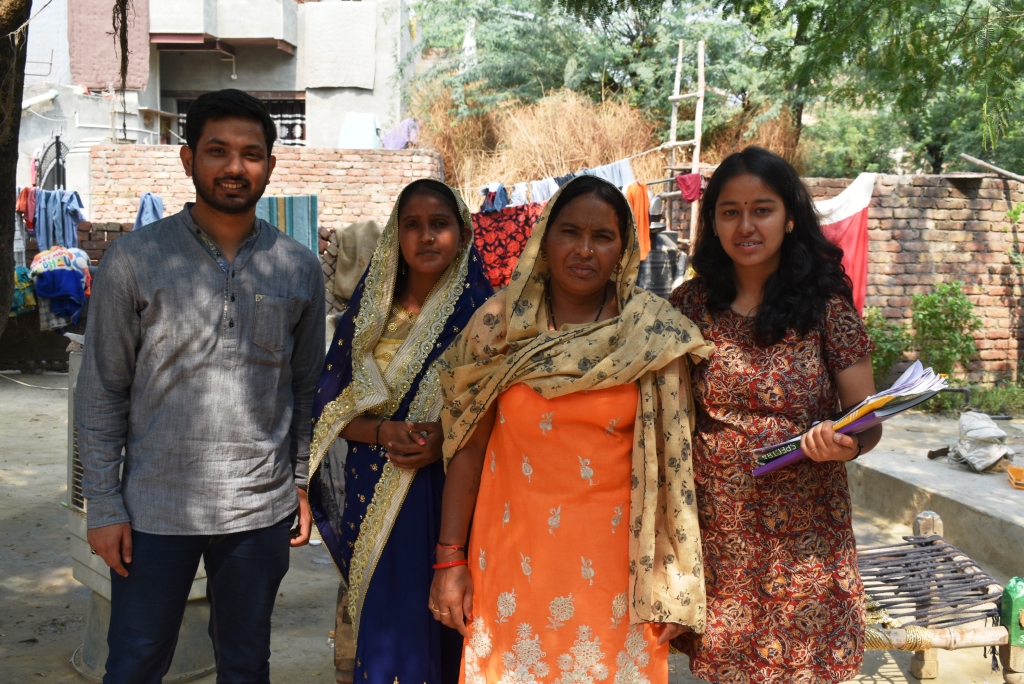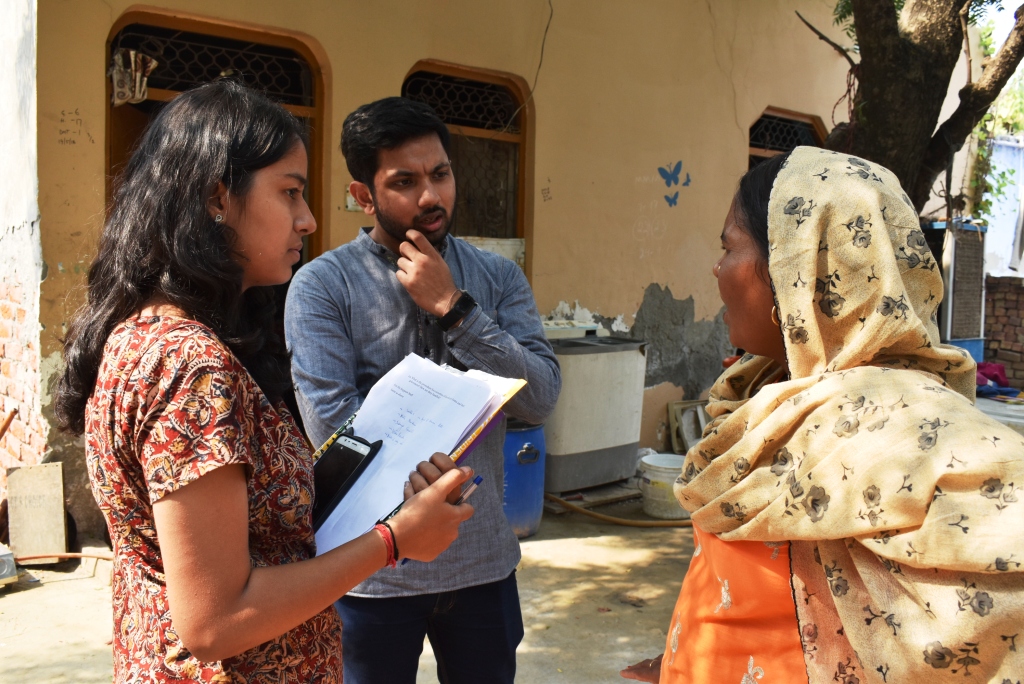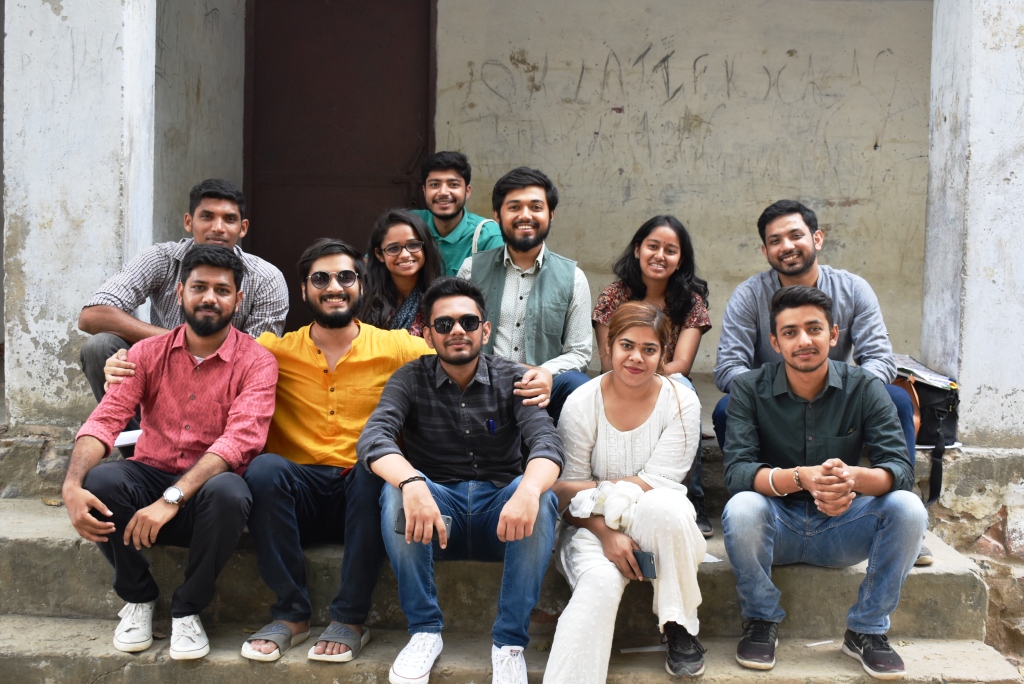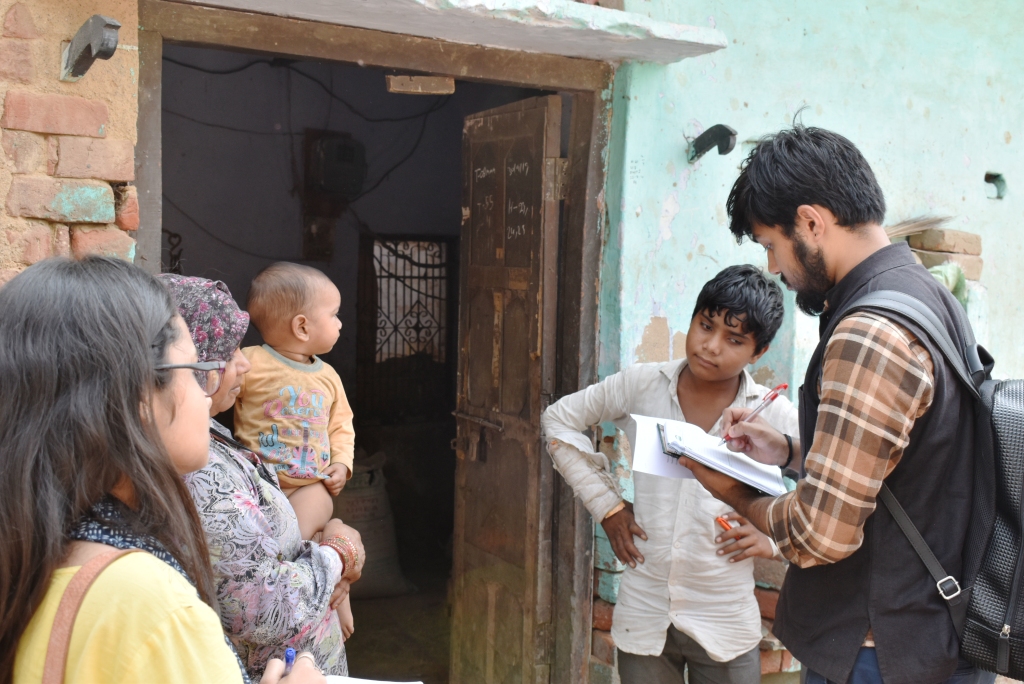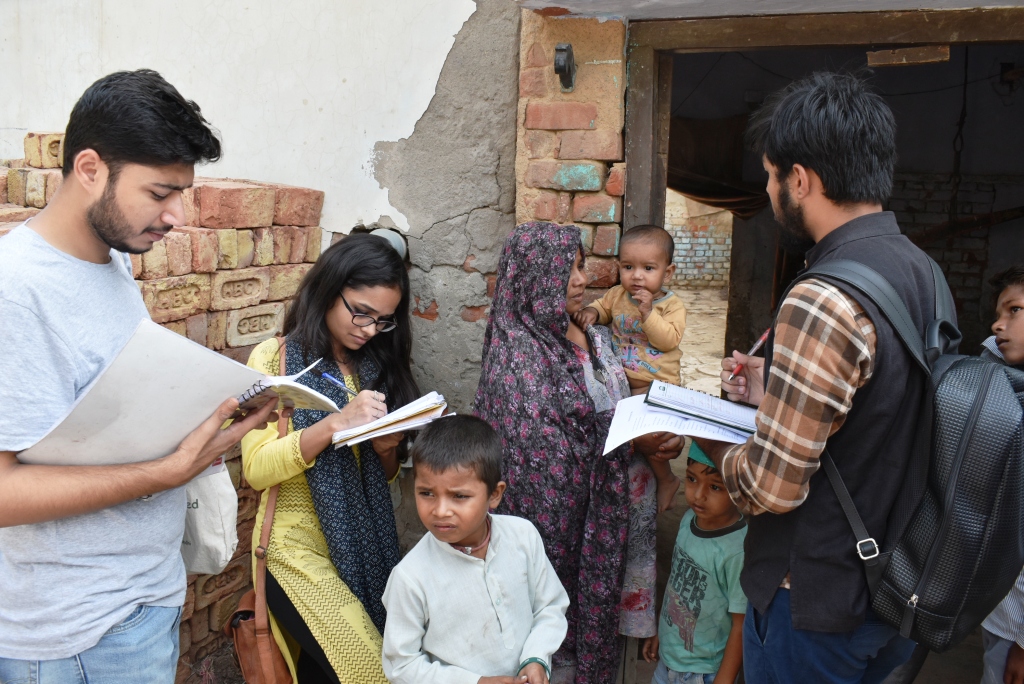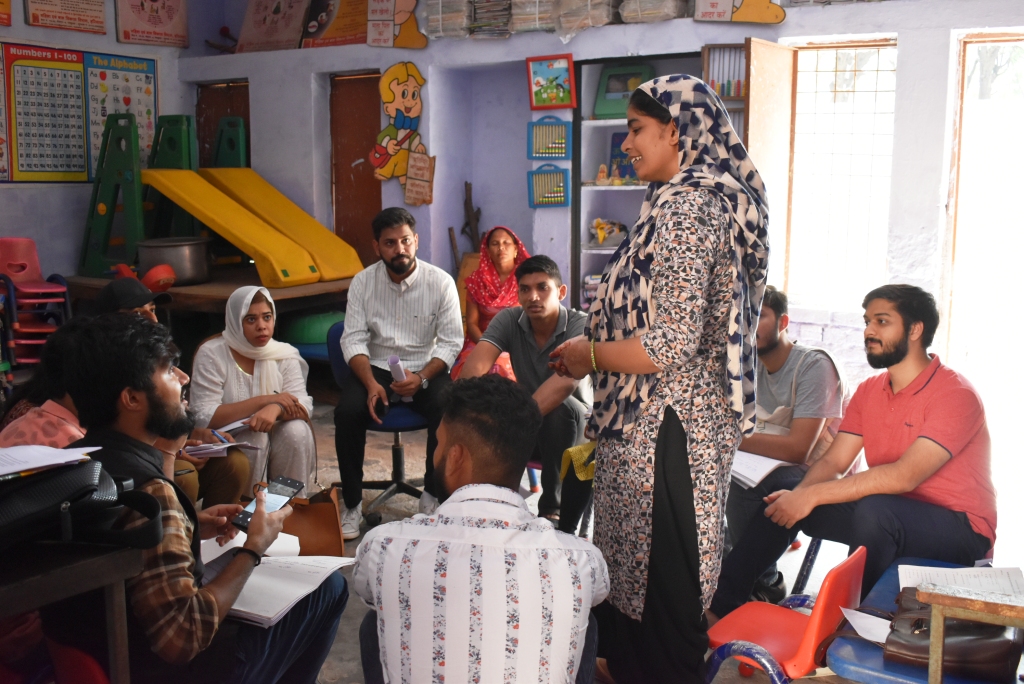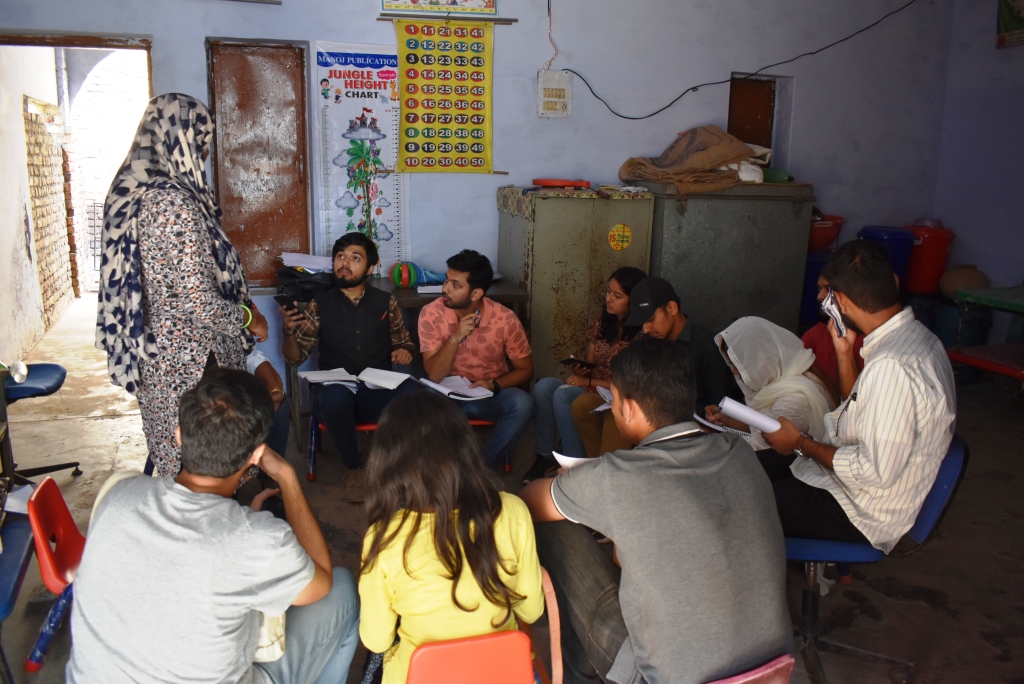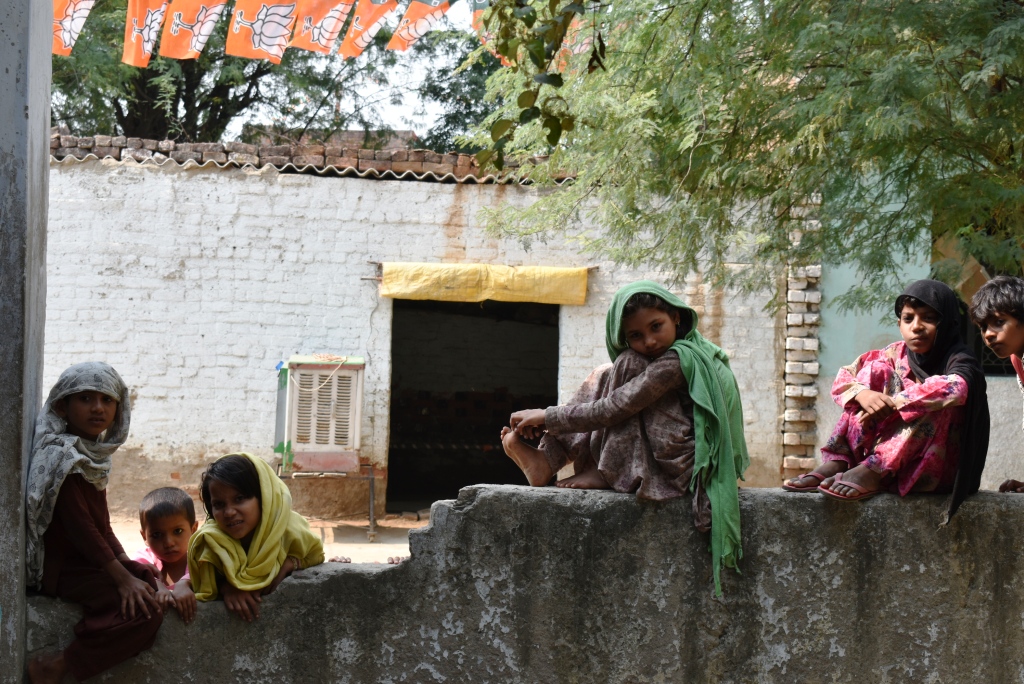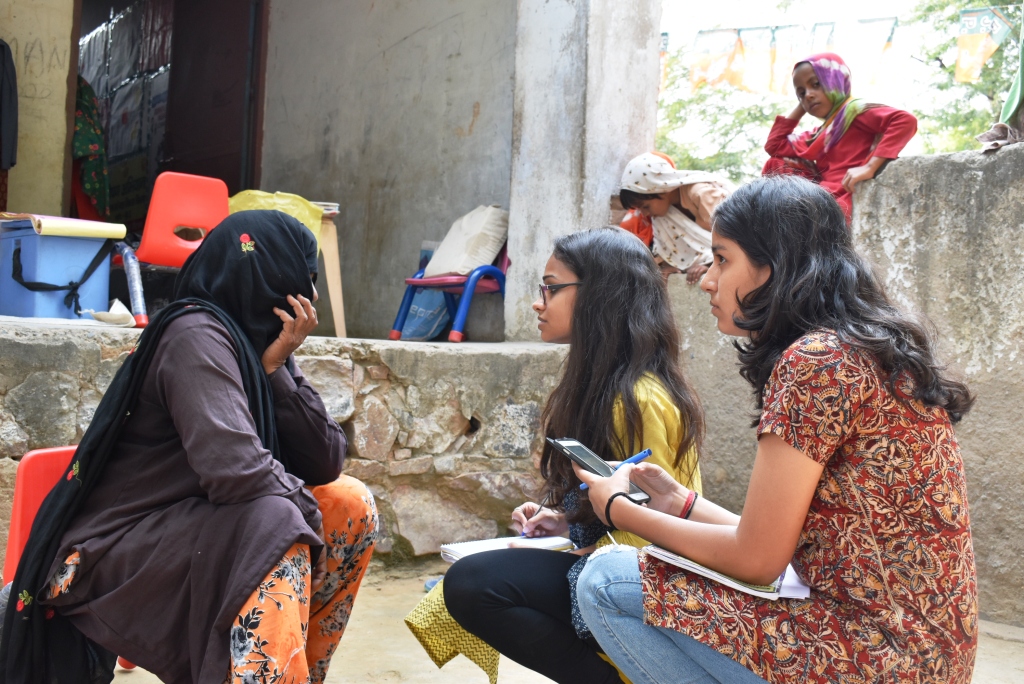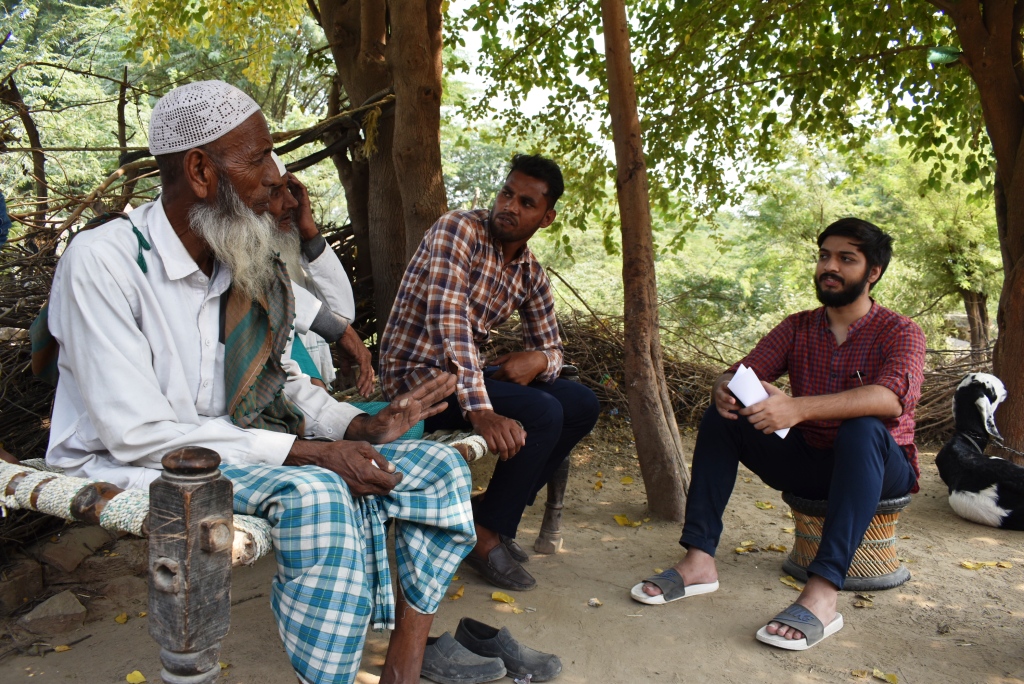According to the census 2011, the female literacy rate in Mewat is 36.6% which makes up to approximately 146,462 female literates in the Mewat district.
The contemporariness of the Indian society might evoke a sense of pride in the inhabitants with India securing a place in the world of nations. However, when certain regions like Mewat (a district in Haryana) reveal disturbing trends in ambits like education, female upliftment, etc., one is forced to undertake a glance at the other side of the perspective as well –that which shows the grim reality of rural India, clearly demonstrating that there is a lot which India needs to achieve in terms of female literacy, women development and empowerment.
On the 11th October 2019, Itisaras launched its second legal literacy and governance camp, Project Dheer at Adbar village in Mewat district of Haryana. The salient objective of this project is to conduct legal literacy camps or sessions to understand the ground reality in various regions of India, in terms of whether these regions have seen improvements lately, under the influence of Central and State Government schemes. The project also intends to create awareness about these schemes with the ultimate aim of facilitating their proper implementation in rural India.
As part of Project Adbar, a team of 13 members went forward on a 4-day visit to understand the reasons behind the low female literacy rate in Adbar. The project was survey-based which largely aimed at conducting 80 household surveys –qualitative in nature. Efforts were made to collect information from the female members of the family (since the aim was to study female literacy and awareness) about the functional schemes in Adbar. For this purpose, certain schemes were selected –Widow Pension Scheme, Pradhan Mantri Matru Vandana Yojana, Scheme for Adolescent Girls, Balika Samridhi Yojana, Beti Bachao Beti Padhao, Sukanya Samridhi Yojana, Aapki Beti Hamari Beti and Old Age Samman Yojana.
Apart from the general concerns which were common to all schemes (such as the number of people enrolled, the grants/benefits being received, whether there are any delays or inconveniences), this project also studied certain parameters which were specific to particular schemes. For instance, in Pradhan Mantri Matru Vandana Yojana (which targets pregnant or lactating mothers), we wanted to know whether the beneficiaries were given regular reminders for the ANC checkup. Similarly, in Scheme for Adolescent Girls, the major area of study was to know whether the girls who didn’t attend schools were given food (either ration or hot-cooked meals), whether they had Kishori health cards and whether these girls were provided with the required training that the scheme promises.
Interestingly, even stakeholders like the Asha workers and the Anganwadi workers, the former Sarpanch, etc. were interviewed in order to better understand the demography of Adbar and the efficiency with which the schemes were functioning.
In short, our team worked to its fullest capacity to reach out to every possible stakeholder and beneficiary to arrive at a holistic analysis and to avoid formulating a superficial and mechanical framework which excludes the politics of gender and religion at play, which have for years found the identity of our nation. Undeniably, the intent was to engage with the issue of female literacy at the grassroots level so that Itisaras as an organization doesn’t give in to the generalizations that have been perpetuated for years.
